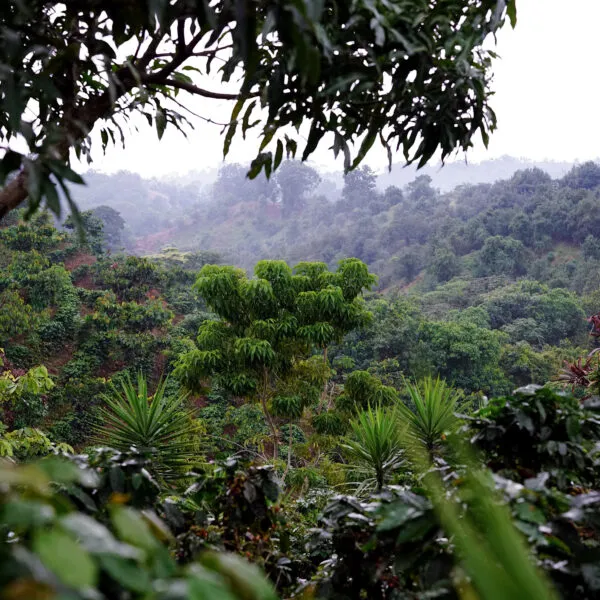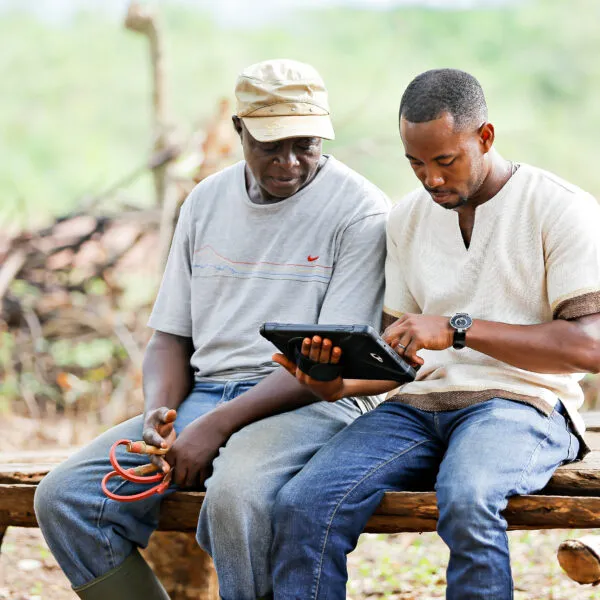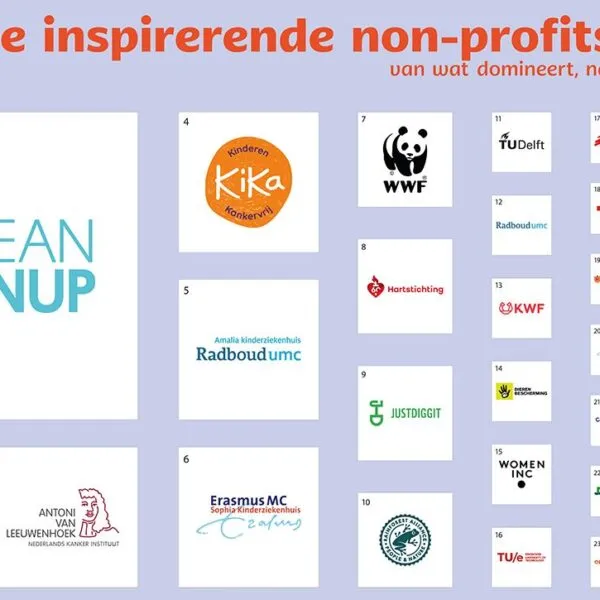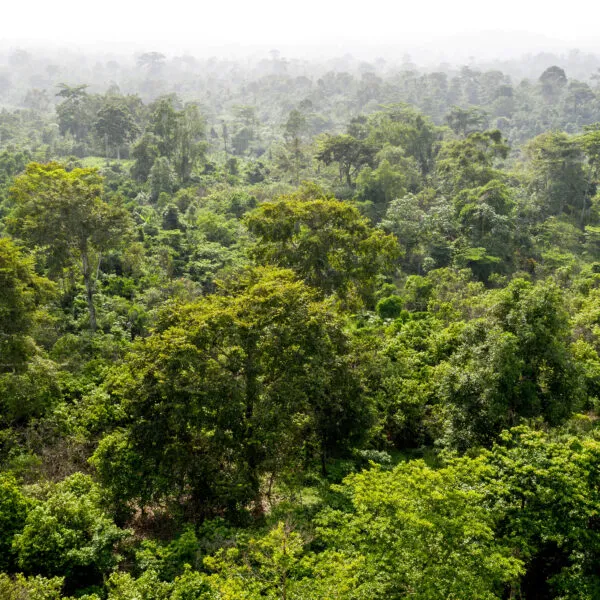While environmental and social sustainability have long been key strategic priorities for some companies, emerging due diligence and disclosure laws have prompted a major shift in how companies manage Environmental Social, and Governance (ESG) issues. For many companies, sustainability is no longer a voluntary differentiator but a critical legal compliance issue.
Human rights and environmental due diligence legislation — like the European Union’s proposed Corporate Sustainability Due Diligence Directive—impacts all sectors, including food and beverage companies. Within a few years, most companies operating in the EU market will be required to conduct due diligence throughout their value chains. Many German companies are already required to under the Supply Chain Due Diligence Act, which went into effect in January 2023, and since July 2022, the Norwegian Transparency Act compels large companies selling products and services in Norway to do the same.
In addition, new disclosure laws, such as the EU Corporate Sustainability Reporting Directive, will require companies to disclose key data points regarding their ESG activities. These laws aren’t just limited to the EU either—the US is poised to enact new climate disclosure requirements and Canada is also imposing new forced labor due diligence and disclosure requirements, among others.
The Rainforest Alliance supports companies in their due diligence efforts through our certification program as well as our tailored supply chain services. While no certification program can offer an end-to-end solution for due diligence, we meet our partner companies where they are and help them build their due diligence capabilities.
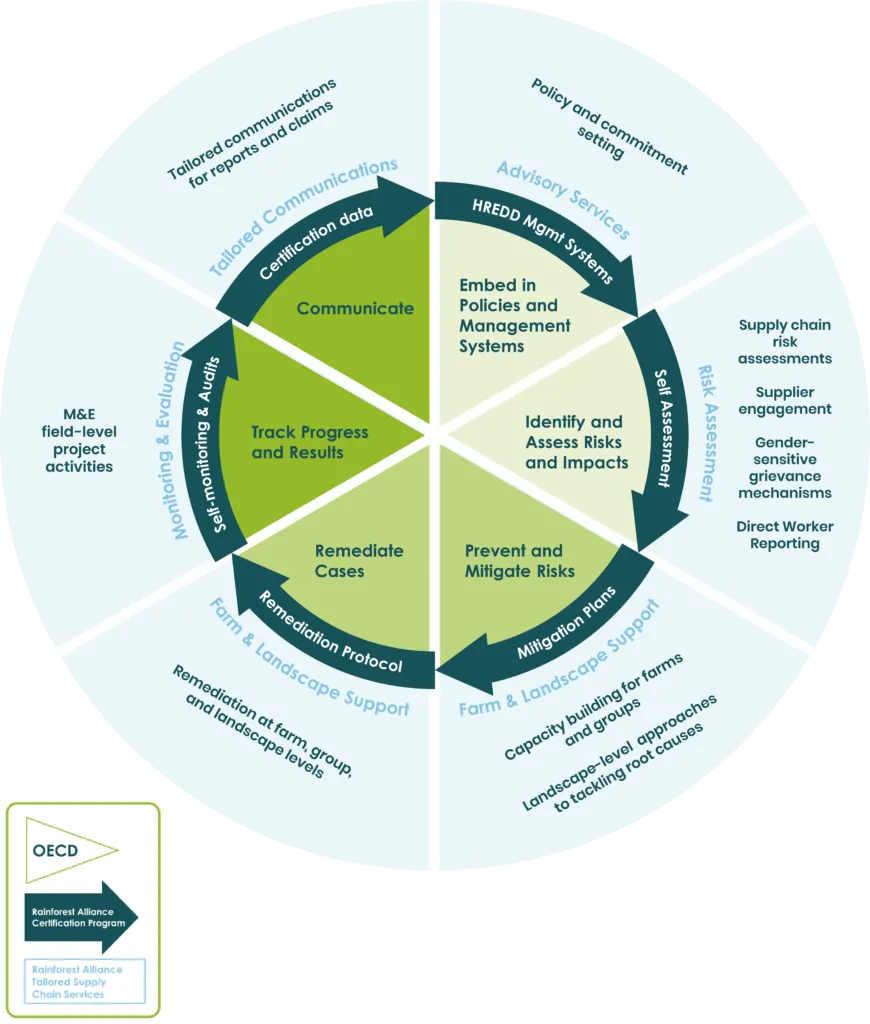
How the Rainforest Alliance Certification Program addresses company due diligence
The Rainforest Alliance Certification Program’s 2020 Sustainable Agricultural Standard sets rigorous human rights and environmental requirements. We use a risk-based approach to implement and monitor these requirements, which aligns with international frameworks, including the ILO conventions, the UN’s Guiding Principles on Business and Human Rights, and the OECD Guidelines for Multinational Enterprises.
Most of our standard’s due diligence requirements relate to farm level activities that drive real change on-the-ground and up the supply chain. According to our Farm Requirements, farmers must implement and report on farm-level due diligence “assess-and-address” systems. These systems focus on prevention, engagement, and improvement of human rights risks and impacts, incentivizing farmers and companies to tackle issues rather than hide them.
We also use farm and landscape-level strategies to safeguard the world’s remaining forests and other natural ecosystems. Specific standard requirements prohibit deforestation while data-driven risk maps increase the quality of detection between natural forest and agricultural land use in key production regions.
In addition, our Supply Chain Requirements stipulate that all companies must have a Responsible Business Conduct policy—and higher-risk supply chain actors (such as some agricultural processors) must also have operational-level assess-and-address systems in place.
Zooming in closer, our certification program integrates six key elements of robust due diligence systems:
Supply Chain Services: Due diligence support beyond certification
While Rainforest Alliance Certification goes a long way in helping companies meet due diligence requirements at the farm level, company due diligence obligations also extend well beyond the farm gate. That’s where our tailored supply chain services come in.
Our teams can help companies embrace and implement the six elements of due diligence across all of their operations:
Join the alliance and become an advocate
We call on companies to work with us on due diligence, both within our certification program and through our additional programs and services. As we continue to advocate for ambitious due diligence legislation, we invite companies to join us in these efforts as well. Not only will these laws create a level playing field for companies that already have due diligence practices, but they will also create new opportunities for companies ready to lead the way to a world where people and nature thrive in harmony.

